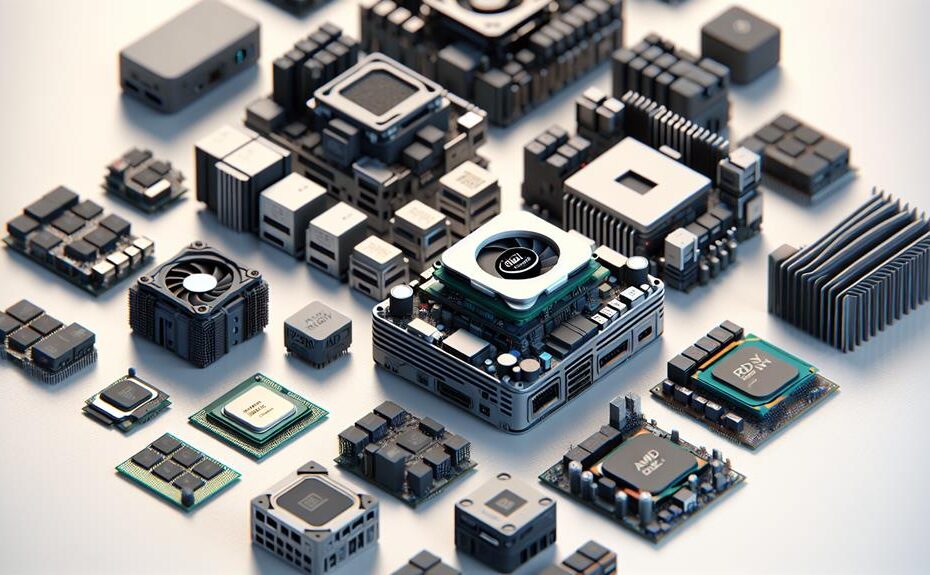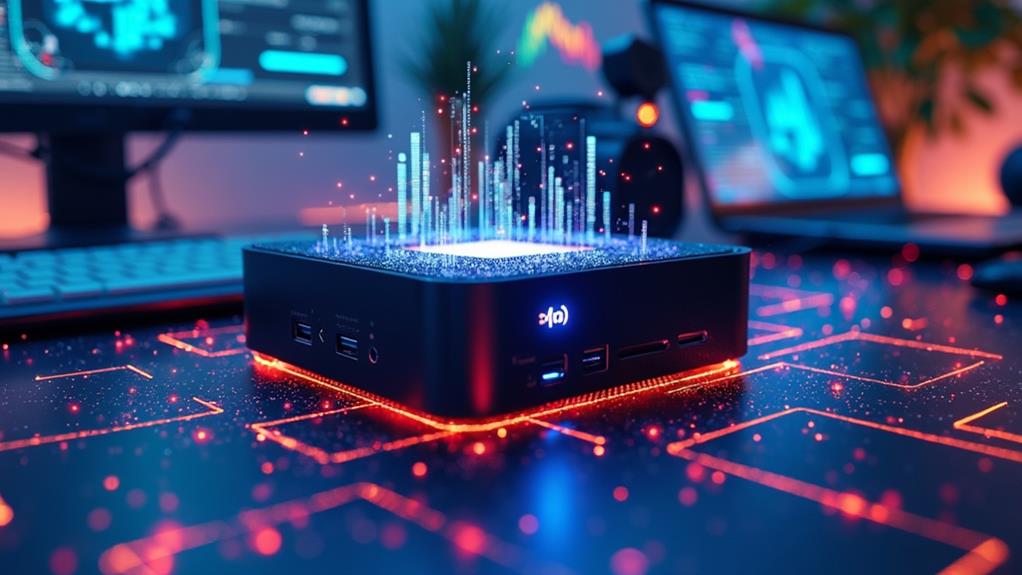



In mini PCs, you'll often find Intel Core i3 for balanced performance. AMD Ryzen shines in gaming and heavy tasks. Intel Celeron suits basic needs economically. Intel Core i5 excels in efficiency important for mini PCs. Intel Atom is power-efficient for light tasks. Intel Core i7 provides exceptional power for demanding needs. ARM processors emphasize energy efficiency. Different processors cater to varied tasks in mini PCs.
Key Takeaways
- Intel Core i5 processors are commonly used in mini PCs for their balanced gaming performance and efficient processing power.
- Intel Atom processors are favored for mini PCs due to their optimized performance for low-power tasks and fanless design.
- ARM processors are increasingly popular in mini PCs for their energy efficiency and high performance in compact computing devices.
- Intel Core i7 processors are chosen for mini PCs for their exceptional performance capabilities and efficient multitasking features.
- AMD Ryzen processors stand out in mini PCs for their impressive gaming performance, overclocking capabilities, and versatility in demanding tasks.
Intel Core I3 Processors
When considering mini PCs, Intel Core i3 processors offer a balance of performance and efficiency. Performance comparison, the Intel Core i3 processors generally provide solid processing power for everyday tasks like web browsing, office applications, and multimedia consumption. While they may not offer the same level of performance as higher-tier processors like the Core i5 or i7, they still deliver a satisfactory user experience for most users.
When it comes to overclocking potential, Intel Core i3 processors are somewhat limited compared to their higher-end counterparts. Due to their locked multiplier, overclocking an Intel Core i3 processor can be challenging and may not yield significant performance gains. However, with the right motherboard and cooling setup, some modest overclocking can still be achieved to squeeze out a bit more performance.
AMD Ryzen Processors
AMD Ryzen processors, known for their exceptional performance and versatility, are highly regarded in the world of mini PCs. When it comes to gaming performance, AMD Ryzen processors excel due to their multi-core design and simultaneous multithreading technology. These features allow for smoother gameplay, faster frame rates, and enhanced overall gaming experiences on mini PCs equipped with AMD Ryzen processors.
Moreover, AMD Ryzen processors are popular among enthusiasts and power users for their impressive overclocking capabilities. With accessible multipliers on many Ryzen models, users can push their processors beyond stock speeds to achieve higher performance levels. This is particularly advantageous for tasks that demand extra processing power, such as rendering, video editing, and running demanding software applications on mini PCs.
Intel Celeron Processors
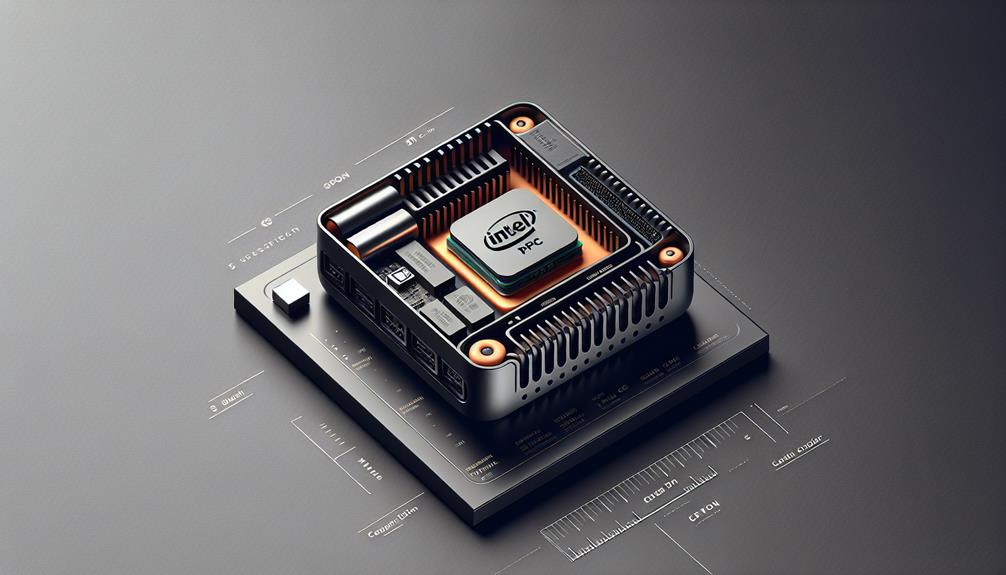
Intel Celeron processors offer a cost-effective solution for basic computing needs in mini PCs, delivering efficient performance for everyday tasks. When compared to higher-end processors like the Intel Core i5, Celeron processors generally have lower clock speeds and fewer cores. This results in reduced multitasking capabilities and slower processing of demanding applications. However, for light usage such as web browsing, word processing, and multimedia consumption, Celeron processors can provide satisfactory performance.
In terms of overclocking capabilities, Intel Celeron processors are limited compared to unsecured processors like the Intel Core i5 series. Celeron processors are often locked, meaning that their clock speeds cannot be significantly increased beyond their stock settings. This limits the potential for users to push the processor beyond its standard performance levels.
Intel Core I5 Processors
Intel Core i5 processors, renowned for their efficient processing power, are a staple choice for mini PCs requiring robust performance capabilities. When it comes to gaming performance, Intel Core i5 processors offer a balanced solution. While not as powerful as the Core i7 or i9 processors, the Core i5 still provides a solid gaming experience for most games at medium to high settings. The quad-core design with hyper-threading found in many Core i5 models allows for smooth multitasking during gaming sessions.
In terms of energy efficiency, Intel Core i5 processors strike a good balance between performance and power consumption. Compared to higher-tier processors, the Core i5 tends to be more essential while still delivering strong processing power. This efficiency is critical for mini PCs, where space constraints often limit cooling capabilities. The thermal design power (TDP) of Intel Core i5 processors is usually within a manageable range, ensuring that the mini PC can operate effectively without overheating.
Intel Atom Processors
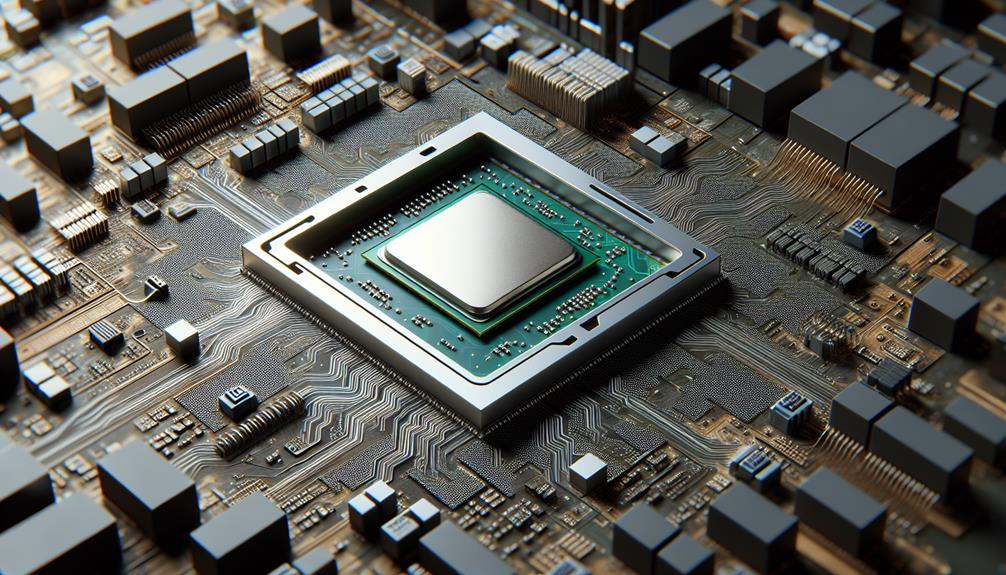
Moving from the Intel Core i5 processors to a different line of processors commonly used in mini PCs, the discussion now shifts to Intel Atom processors, known for their specific design and functionality in compact computing systems. When comparing performance, Intel Atom processors are generally less powerful than Intel Core i5 processors but are optimized for low-power tasks. They excel in handling basic computing needs such as web browsing, word processing, and light multitasking. The power efficiency of Intel Atom processors is a significant advantage in mini PCs where energy consumption and heat generation are critical factors. These processors are designed to deliver adequate performance while consuming minimal power, making them ideal for fanless and passively cooled mini PCs. Concerning power efficiency analysis, Intel Atom processors are tailored to strike a balance between performance and energy consumption, ensuring that mini PCs running on these processors can operate efficiently for longer durations without overheating or draining excessive power.
Intel Core I7 Processors
Considered a powerhouse in the domain of mini PCs, the Intel Core i7 processors boast exceptional performance capabilities optimized for demanding computational tasks. The Intel Core i7 series features top-tier processing power, making it a popular choice for users requiring high performance. These processors are known for their advanced technology, including hyper-threading, which allows for more efficient multitasking by creating virtual cores.
In terms of overclocking capabilities, Intel Core i7 processors are highly praised for their ability to handle increased clock speeds effectively. Users can push these processors beyond their base frequencies to achieve even higher levels of performance, although proper cooling solutions are necessary to manage the increased heat output.
When it comes to heat management and power efficiency, the Intel Core i7 processors are designed with features that help regulate temperatures and optimize power consumption. Performance benchmarks consistently showcase the Intel Core i7 processors as leaders in processing power, making them a preferred choice for tasks that demand high computational performance in mini PCs.
ARM Processors
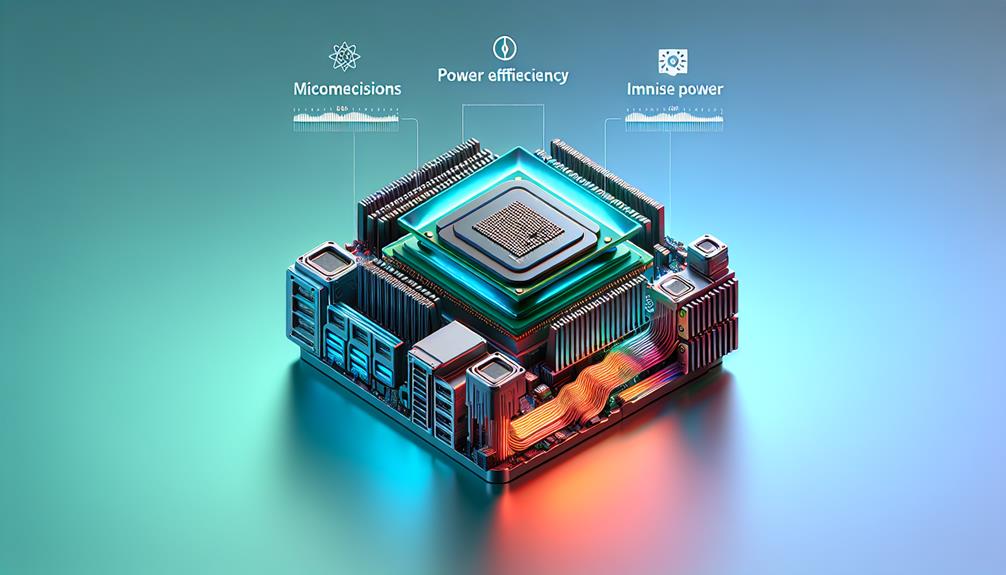
Renowned for their energy efficiency and versatility, ARM processors are integral components in many mini PCs. These processors excel in power efficiency, making them ideal for devices where energy consumption is a critical factor. ARM processors are designed to deliver a balance between performance and power consumption, making them suitable for a wide range of applications.
In the domain of mini PCs, ARM processors play a significant role in powering these compact computing devices. Their architecture is well-suited for mobile devices and embedded systems due to their ability to offer high performance while consuming minimal power. This efficiency is vital for mini PCs, as they often operate in scenarios where power resources are limited.
When compared to traditional x86 processors, ARM processors have carved a niche for themselves in the mini PC market by providing a compelling mix of performance and energy efficiency. Their presence in mini PCs continues to grow, driven by the demand for compact, power-efficient computing solutions.
Disclosure: As an Amazon Associate, I earn from qualifying purchases.
